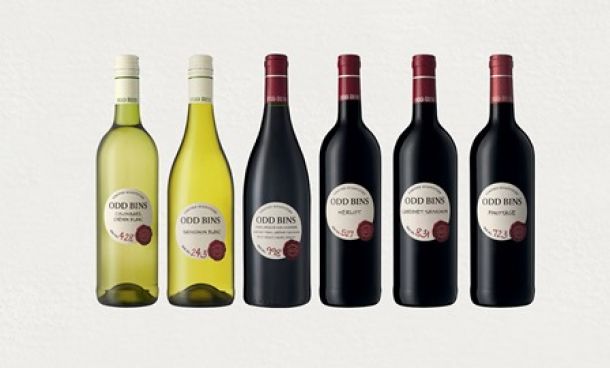Vasari has big ambitions for KWV
The new controlling shareholder of liquor group KWV Holdings will have its work cut out to fortify profits in the brandy sector.
Last month, Vivian Imerman’s Vasari proposed a more than R1.1bn deal to buy out the operating assets of KWV, which is controlled by Hosken Consolidated Investments-aligned Niveus Investments.
The deal is still to be concluded, but Vasari clearly has big ambitions for KWV’s brands, as part of a growth play strategy that straddles Africa and Asia. In recent years, Vasari has focused on the African and Asian beverages market, where it has developed beer, spirits and wine businesses. Where brandy will fit in, remains to be seen.
KWV’s operations — aside from a sliver of market share in the domestic ready-to-drink (RTD) market — is centred mainly on wine and brandy. While wine brands enjoy a presence in many export markets, KWV’s brandies are marketed mainly in SA, where the category’s market share has been eroded markedly by scotch, vodka and, more recently, gin. Writing in KWV’s just-released annual report to end-March, CEO Andre van der Veen said the company was dealing with a changing brandy market in SA.
He stressed that KWV’s brandy business was built on a South African market of more than 50-million litres.
"This market has halved in the last 10 years, and for a business that ages its products for up to 20 years, this does create significant challenges." KWV’s financial report showed that spirit sales — mostly brandy — dropped 17.5% to R434m, due mainly to a decline in bulk spirit volumes.
The report showed that volumes for the KWV 3-year and KWV 5-year brands reduced, as the company "refrained from participating in excessive discounting in the category".
Volumes for KWV’s 10-year brand grew 7%, resulting in an 18% increase in revenue.
Van der Veen contended that KWV’s competitors — mainly Distell (which owns the Klipdrift, Richelieu, Van Ryn’s, Oude Meester and Viceroy brands) — appeared to have concluded that discounting brandy products would retain volumes. "We consider the opposite to hold true. Premiumisation is the only way that the profitability and growth of the brandy category will improve."
Van der Veen said KWV’s brandy premiumisation strategy required the adapting of procurement plans, and had reduced the amount of wine acquired for the production of brandy in future. He said KWV’s brandy inventory exceeded requirements and that in the past four years, bulk brandy had been systematically sold off.
Long-time KWV shareholder Chris Logan of Opportune Investments questioned the fixation on brandy premiumisation. "KWV is losing volumes and appears to be shrinking the business in pursuit of premiumisation. Surely, there is an opportunity to have both a ‘price-beater’ brand, and premium brands?"
Logan said KWV’s main brandy rival, Distell, appeared to have brandy brands that could generate volumes and scale. "Part of Distell’s strategy in brandy is pricing."
But Van der Veen maintained that KWV’s efforts to position its brandies at aspirational levels higher than its direct competitors had started to bear fruit.
News Category
- International retailers
- On the move
- Awards and achievements
- Legislation
- Wine and liquor
- Africa
- Going green
- Supplier news
- Research tools
- Retailer trading results
- Supply chain
- Innovation and technology
- Economic factors
- Crime and security
- Store Openings
- Marketing and Promotions
- Social Responsibility
- Brand Press Office
Related Articles

Makro secures exclusive rights to SA’s most sou...

Checkers adds 41 new wines to Odd Bins range

With petrol at almost R20 a litre, food prices ...

Petrol price shocker for South Africa


